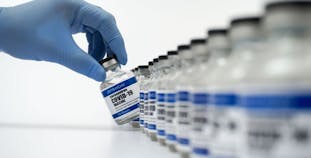December 15, 2020
Recent Advance Articles



8 Must-Have Lotions

She's Not Just Surviving – She's Leading


Even though quite a lot is understood about vaccines in general, there is much to be learned about COVID-19 vaccinations.



We use cookies to offer you a better experience and analyze our site traffic. By continuing to use this website, you consent to the use of cookies in accordance with our Privacy Policy.